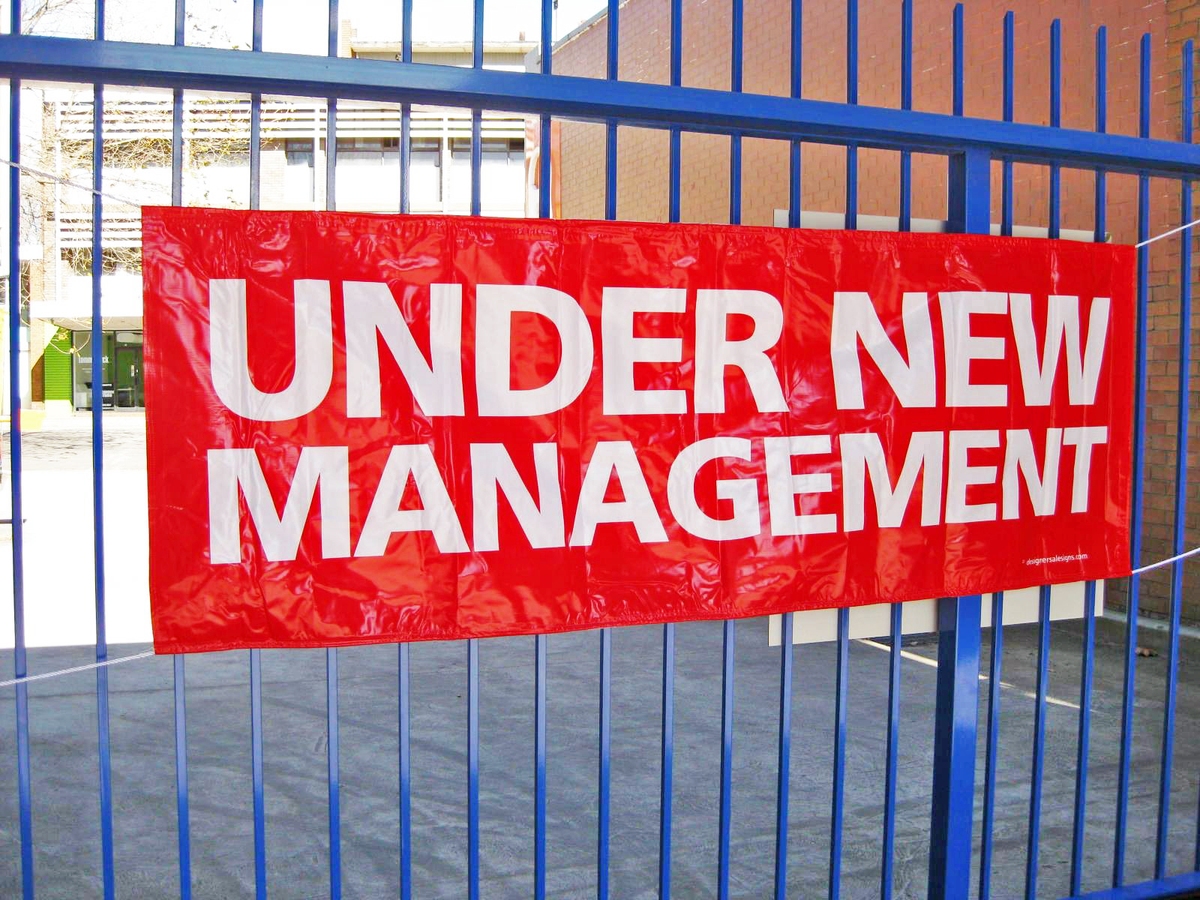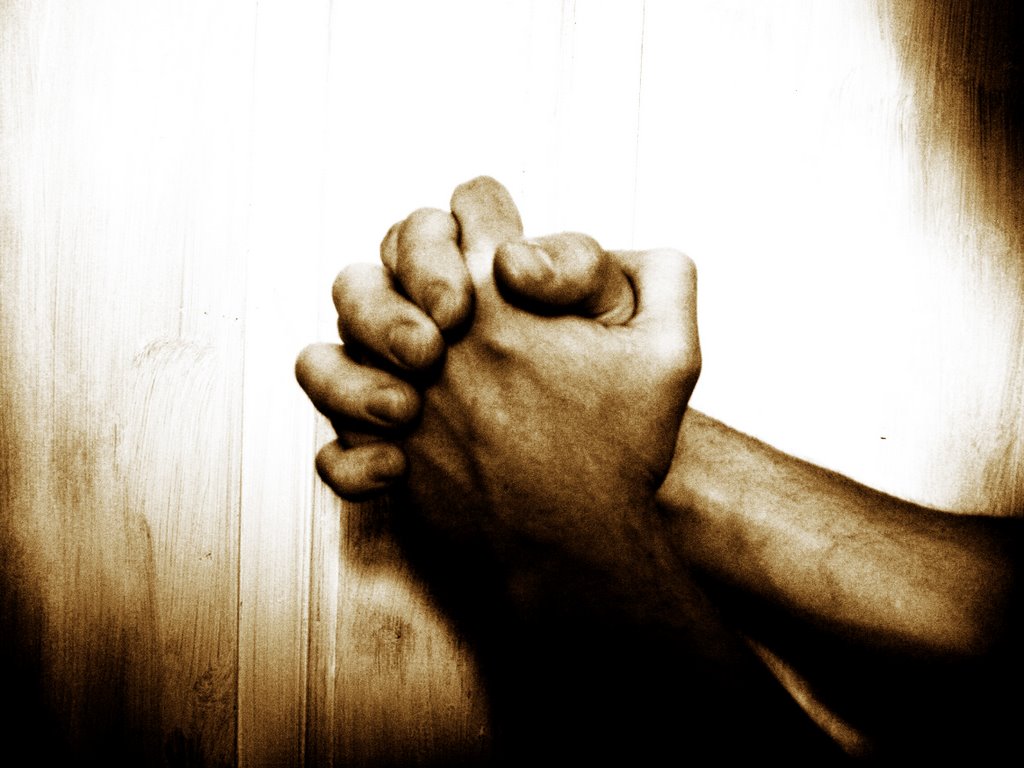 Today, America again experienced an attack of mass violence.
The detonations near the finish line of the Boston Marathon killed 3 people, maimed many more, and injured more than a hundred.
Today, America again experienced an attack of mass violence.
The detonations near the finish line of the Boston Marathon killed 3 people, maimed many more, and injured more than a hundred.
One of the two victims, it has been confirmed, was 8 years old. My oldest daughter is 8 years old, so this information was particularly impacting to me. I’m not sure how it would feel to lose any of my kids, and I certainly hope I never have to find out.
This comes after the terrible events late late year in Newtown, Connecticut where 26 children and adults lost their lives in another mass attack.
In the recent past, we have seen attacks in movie theaters, malls, schools and colleges.
I am of the opinion that these types of events, for the foreseeable future, will continue. (Until the depression, mental illness, anger, frustration, etc that cause these events has been dealt with, I don’t assume peoples’ actions will suddenly go in a different direction.)
Columbine, a decade ago shocked us to our core. If that event happened again today, we would shake our head and lament it as the latest event in a series of others. The 13 deaths in that event (Or 15, if you include the shooters who took their own lives) may be viewed as thankfully lower than Virginia Tech, Newtown or Norway.
How are the believers in an all-powerful and all-loving God supposed to view these events?
Are they part of God’s mysterious plan?
That would leave us in the place where we must bury our questions and our feelings of deep sadness - for to do otherwise would be to doubt God. I reject that stance completely.
I think God is just as saddened as we are by these events. I mentioned the pain I would feel if my daughter was killed.
Well, each person is a son or a daughter to God. Their loss is great to him. And also painful is the fact that one of his children committed the terrible act.
Jesus, after all, wept at the grave of his dear friend Lazarus - and he knew that he was about to resurrect Lazarus!
Jesus understands the pain of personal loss. The idea of a need to be stoic - that is, essentially emotionless - in the face of such event is foreign to the Jesus I see in the scriptures.
In fact, Jesus specifically addressed two events of mass violence and tragedy that were on the mind of people who were listening to his message.
In Luke 13, Jesus is informed that Pilate (the same one who would eventually sentence Jesus to death) had just executed some people as they were offering sacrifices at God’s temple.
You can be sure that this news hit the ears of those in Israel as hard as the news of Newtown hit mine and yours.
In response, Jesus reminds his followers of another recent tragedy, where a building fell on and killed 18 people.
And Jesus tells them this: That these people were no better or worse than anybody else.
They didn’t die because they were bad or evil. They died because Pilate was cruel. Or they died because a building was poorly constructed.
Jesus doesn’t go into a long explanation about mankind having free-will, and therefore at fault. He doesn’t start talking about how God works in mysterious ways, or that it was ‘just these people’s time’.
He says “Unless you turn to God, you, too will die.” (Luke 13:1-5 The Message)
In other words, the only thing you can control is whether or not you are ready to stand before God.
Jesus says as plain as day that we will have to deal with tragedy and pain in this world. (John 16:33) There is no way around it. Following Jesus isn’t insurance against pain.
But here is what he guarantees: That he’ll never leave us. He’ll never forsake us. (Hebrews 13:5) He also guarantees that he’ll make something beautiful out of the mess (Romans 8:28)
C.S. Lewis said that God “whispers to us in our pleasures, speaks in our conscience, but shouts in our pains.”
You don’t need to believe that God causes pain, but I encourage you to believe him when he says that his kindgom is overtaking us, and that he brings with himself the healing and peace that we all long for.
I don’t know when or where the next act of mass violence will occur in our nation. And I can’t tell you that it’s part of God’s plan.
But I can tell you that it won’t derail God’s plan.
And I can tell you that he invites all of us to be a part of his plan to restore this world.
In the second to last chapter of the Bible, God says he is making all things new.
We’re not there yet, but I assure you that God fulfills his promises.
 Who owns the Kingdom of God?
Before you say ‘God’, followed by ‘that’s a dumb question’, let me include something Jesus says in Luke 12:32.
Who owns the Kingdom of God?
Before you say ‘God’, followed by ‘that’s a dumb question’, let me include something Jesus says in Luke 12:32.






















